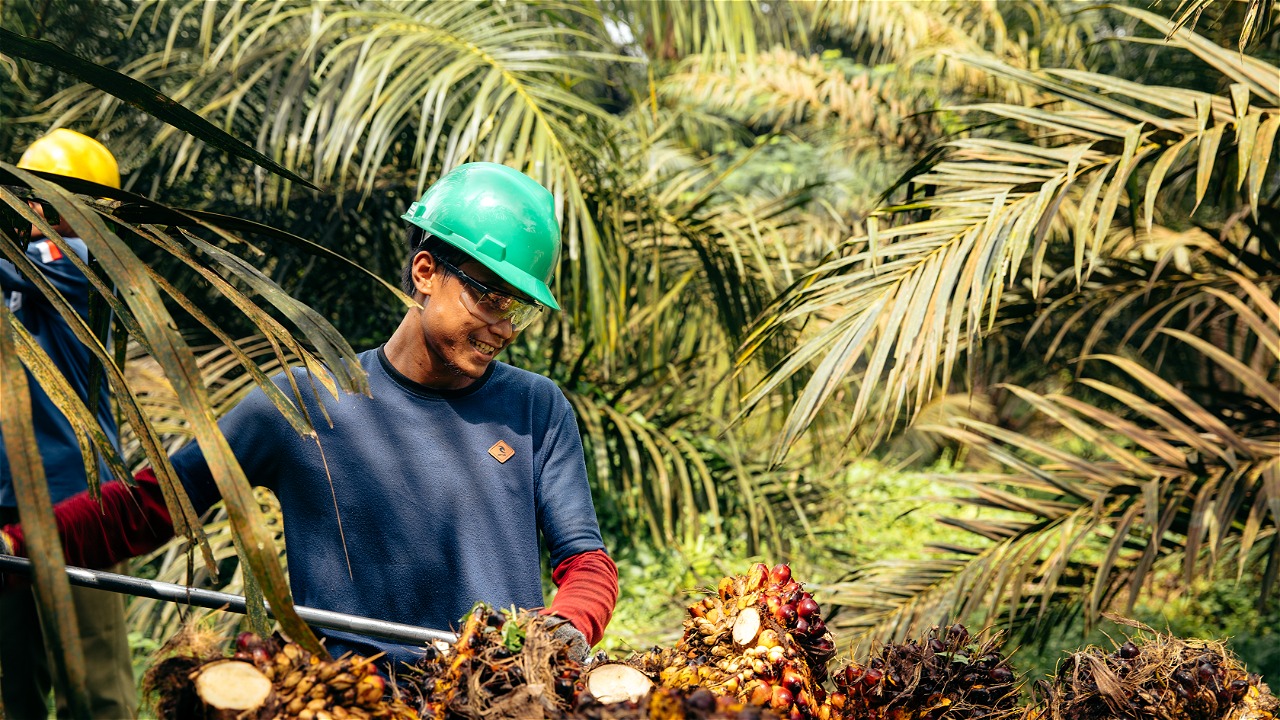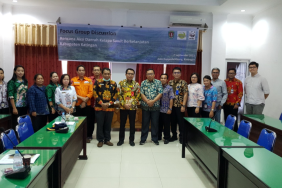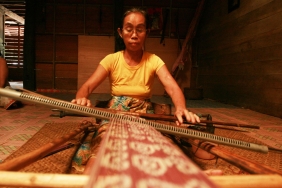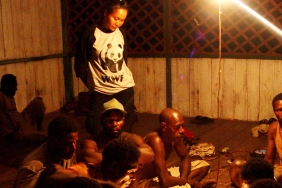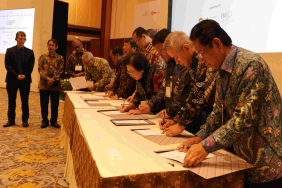SINTANG BUILDS PLANTATION COMMODITY DATA SYSTEM
SINTANG - The rapid economic growth in the oil palm plantation sector has not been supported by an integrated data collection system. In fact, data is a basic requirement in conducting a plan so that the program can run effectively and efficiently.
This was revealed in the Training of Trainers Enumerators of Plantation Commodity Data Collection and GPS Operational Basics for the Technical Team of Sintang District Plantation Data Collection, Thursday (5/10/2017). The activity facilitated by WWF-Indonesia and Fasda Sawit Lestari together with the Government of Sintang Regency involved 14 people from the technical team of plantation commodity data collection in Sintang Regency and 12 village-level data collection officers.
Veronika Ancili, Head of the Sintang Agriculture and Plantation Office, admitted that so far there has been no data and information related to plantations that can be obtained through standardized systems and methods. "This is inseparable from the limited human resources we have," she said in Sintang, Thursday (5/10/2017).
According to Veronika, the government remains committed to building integrated data, especially plantation commodity data. As a form of this commitment, the Agriculture and Plantation Office has formed a Technical Team for Plantation Commodity Data Collection in Sintang Regency. This system will fully involve the participation of village governments. The flow is tiered from the village officer level to the sub-district to the district.
Chairman of Fasda Sawit Lestari Sintang Subarjo added that village government participation in this data collection is very important. "We hope for support from the village government for this data collection activity, one of which is monitoring the course of data collection in the field," he said.
Meanwhile, Market Transformation Initiative Coordinator WWF-Indonesia West Kalimantan Program Muhammad Munawir also acknowledged that data in the Sintang plantation sector is still a weak point for many parties. "At the technical level in the field, some parties actually already have data. But it is still partial and not integrated," he explained.
Therefore, said Munawir, WWF tried to facilitate this issue as well as collaborate with related regional apparatus organizations (OPD). Among other things, by training the technical team for data collection of plantation commodities in Sintang Regency so that they are equipped to become trainers of data collection officers at the village level.
"It's just that before this technical team works at the village level, they are certainly given an injection of knowledge. For example, how to be a good enumerator, understand the data collection questionnaire, and understand the basics of GPS as an important part of the data to be generated," Munawir explained.
He hopes that through this training, the technical team for data collection on plantation commodities in Sintang Regency can become reliable trainers in training data collection officers at the village level. "We also hope that the trial in six villages can run well," he said.

